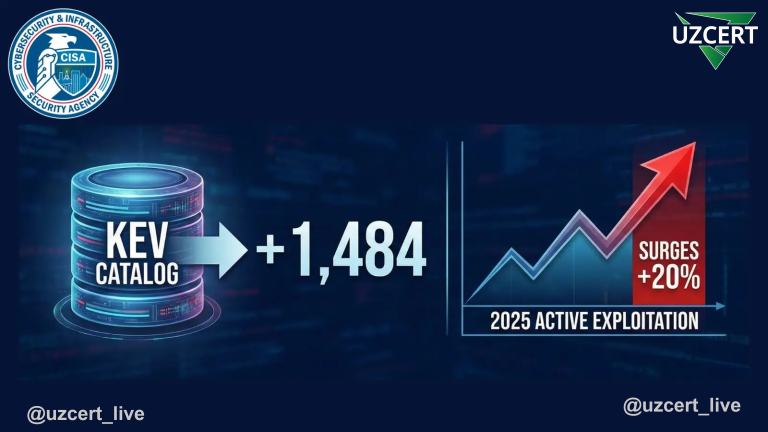
Kali Linux 2024.4 Released With New Hacking Tools
The highly anticipated final release of Kali Linux 2024.4 is now here! This update comes packed with numerous updates, new hacking tools, and powerful features, ranging from a new default Python version to the discontinuation of i386 kernel support.
Kali Linux 2024.4 is designed to help pentesters and security enthusiasts stay ahead of the curve. Kali Linux offers a wide range of tools for various penetration testing activities, including:
- Security Research
- Reverse Engineering
- Red Team Testing
- Penetration Testing
- Computer Forensics
- Vulnerability Management
Users can now download the latest version or update their existing installation. Here’s a detailed overview of the key highlights in this release.
The Kali Linux 2024.4 release introduces 14 new tools, further enhancing its already impressive arsenal. Key tools include:
- bloodyad – Active Directory privilege escalation framework
- certi – Request certificates from ADCS and discover templates
- chainsaw – Rapid search and hunting through Windows forensic artifacts
- findomain – The fastest and most comprehensive domain recognition tool
- hexwalk – HEX analyzer, editor, and viewer
- linkedin2username – Generate username lists for companies using LinkedIn
- mssqlpwner – Tool for interacting with and exploiting MSSQL servers
- openssh-ssh1 – SSH client for the legacy SSH1 protocol
- proximoth – Tool for detecting control frame vulnerabilities
- python-pipx – Execute binaries from Python packages in isolated environments
- sara – RouterOS security inspection tool
- web-cache-vulnerability-scanner – Go-based CLI tool for testing web cache poisoning
- xsrfprobe – Advanced Cross-Site Request Forgery (CSRF) audit and exploitation toolkit
- zenmap – Front-end for Nmap (zenmap-kbx is no longer required!)
These tools, alongside several updated libraries, significantly enhance the penetration testing workflow, solidifying Kali Linux’s reputation as a go-to platform for security professionals.
Kali Linux 2024.4 now sets Python 3.12 as the default interpreter and replaces pip with pipx for installing third-party Python packages.
This change prioritizes environment isolation, ensuring improved security and better application management.
The latest version of Kali Linux officially drops support for the i386 kernel and images, aligning with Debian’s decision to discontinue this 32-bit architecture. However, i386 packages will remain available for use on 64-bit systems.
The updated OpenSSH (9.8p1) version no longer supports DSA keys, further modernizing security practices. Users requiring legacy SSH support can still use the SSH1 client provided in Kali Linux.
The kali-tweaks tool allows users to quickly enable legacy features, making it easier for pentesters to identify vulnerabilities in target systems.
Raspberry Pi users can now pre-configure settings such as Wi-Fi credentials, usernames, and SSH keys directly using the Raspberry Pi Imager software, streamlining the setup process.
The GNOME 47 desktop environment introduces accent color customization, which synchronizes with both icon themes and legacy GTK themes for a cohesive and polished look.
The Android-based penetration testing platform Kali NetHunter brings several key improvements:
- Wifipumpkin3 replaces the Mana Toolkit for creating fake access points with internet connectivity, even on mobile networks.
- Users can now flash kernels directly from the app without recovery mode.
- NetHunter Store, powered by F-Droid, has been updated for better usability and security.
- Support for Android 15 is now available (Xiaomi Mi A3).
Kali Linux enhances its support for ARM devices, including the Raspberry Pi 5 and 500, with improved graphical performance through Kernel Mode Setting enabled by default.
How to Get Kali Linux 2024.4
- For Fresh Installations: Download the latest ISO images from the official Kali Linux website.
- For Existing Users: Update your installation by running the following commands:
bashКопировать кодsudo apt update && sudo apt -y full-upgrade
Kali Linux 2024.4 underscores the platform’s commitment to innovation and community-driven development. With its enhanced tools and features, this release provides an ideal solution for pentesters, developers, and cybersecurity professionals.



